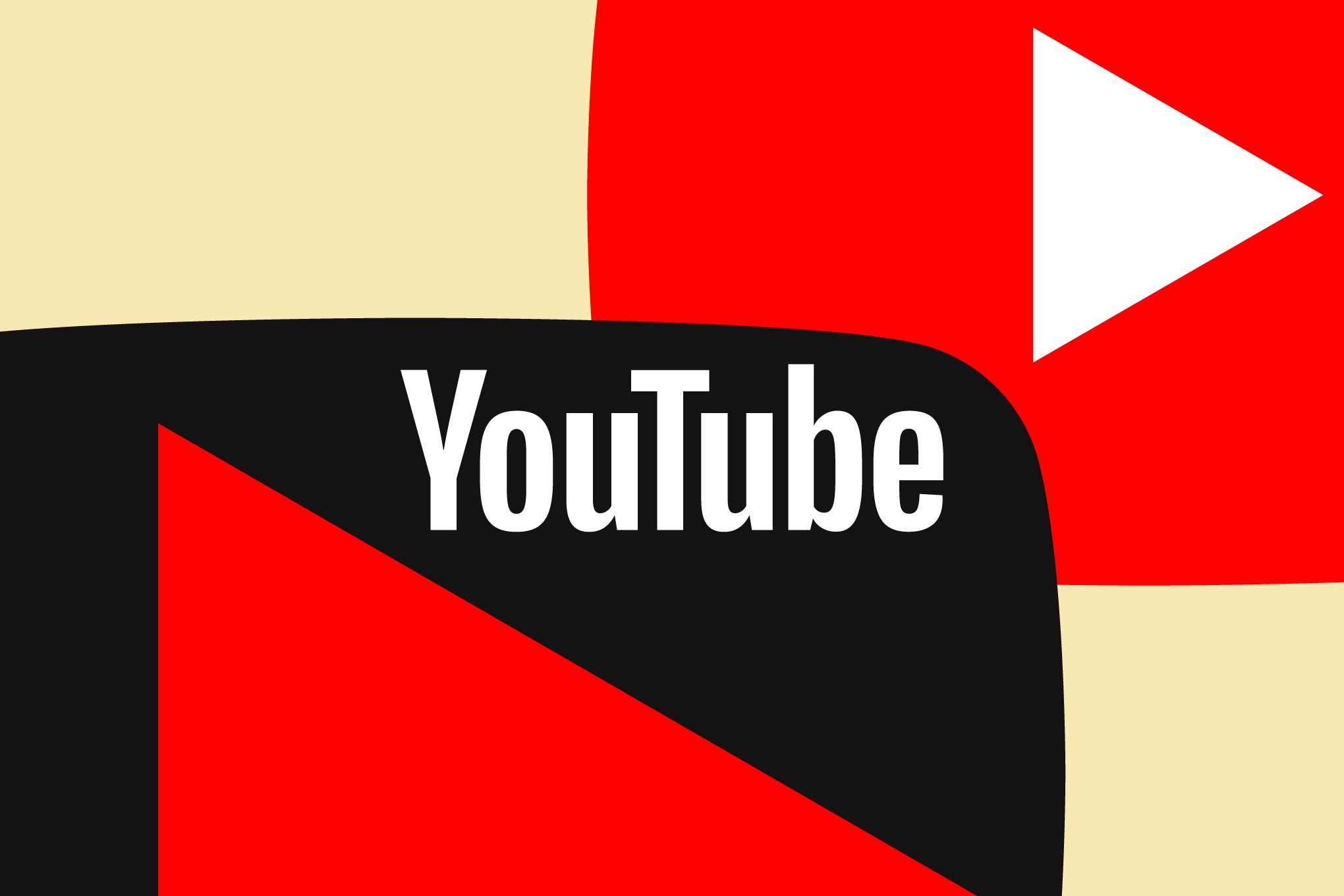YouTube just dropped a policy bombshell that'll reshape gaming content forever. Starting November 17th, the platform will age-restrict videos showing "graphic violence" against "realistic human characters" in games, targeting everything from Grand Theft Auto massacres to Call of Duty's notorious torture sequences. The move affects millions of gaming creators and could fundamentally change how blockbuster franchises get covered on the world's largest video platform.
YouTube just redefined what millions of gamers can watch. The platform's sweeping policy update announced Tuesday introduces the strictest gaming content restrictions in the company's history, taking effect November 17th and fundamentally altering how blockbuster franchises get covered online.
The new rules target content showing "realistic human characters" in scenes of "mass violence against non-combatants" or torture. That's YouTube's clinical way of describing the kind of content that's made gaming channels like PewDiePie and Markiplier household names. Under-18 users and anyone browsing without logging in won't be able to access these videos anymore.
What makes this seismic is the specificity. YouTube isn't just looking at blood and gore - they're evaluating whether characters "look like real humans," how long graphic scenes last, whether they're zoomed in, and if violence targets non-combatants. The infamous "No Russian" mission from Call of Duty: Modern Warfare 2, where players participate in an airport massacre, seems tailor-made for these restrictions.
But here's where it gets murky. YouTube spokesperson Boot Bullwinkle told The Verge that "certain content may be age-restricted if it's non-fleeting or zoomed in," adding creators might find "ways to play the mission to avoid content that would lead to an age restriction." Translation: gaming creators now need to choreograph their gameplay like directors editing for television.
This represents a complete reversal from YouTube's previous stance. The platform's existing policies explicitly carved out exceptions for games, stating they "generally do not remove dramatized violence when it's apparent from the content itself, such as with animated content or video games." That protection just evaporated.
The timing couldn't be worse for gaming creators. With major releases like the next Grand Theft Auto on the horizon and realistic graphics reaching new heights, this policy essentially puts a content warning label on some of gaming's biggest franchises. Creators who built audiences around unfiltered gameplay reactions now face a choice: sanitize their content or watch their reach plummet.
